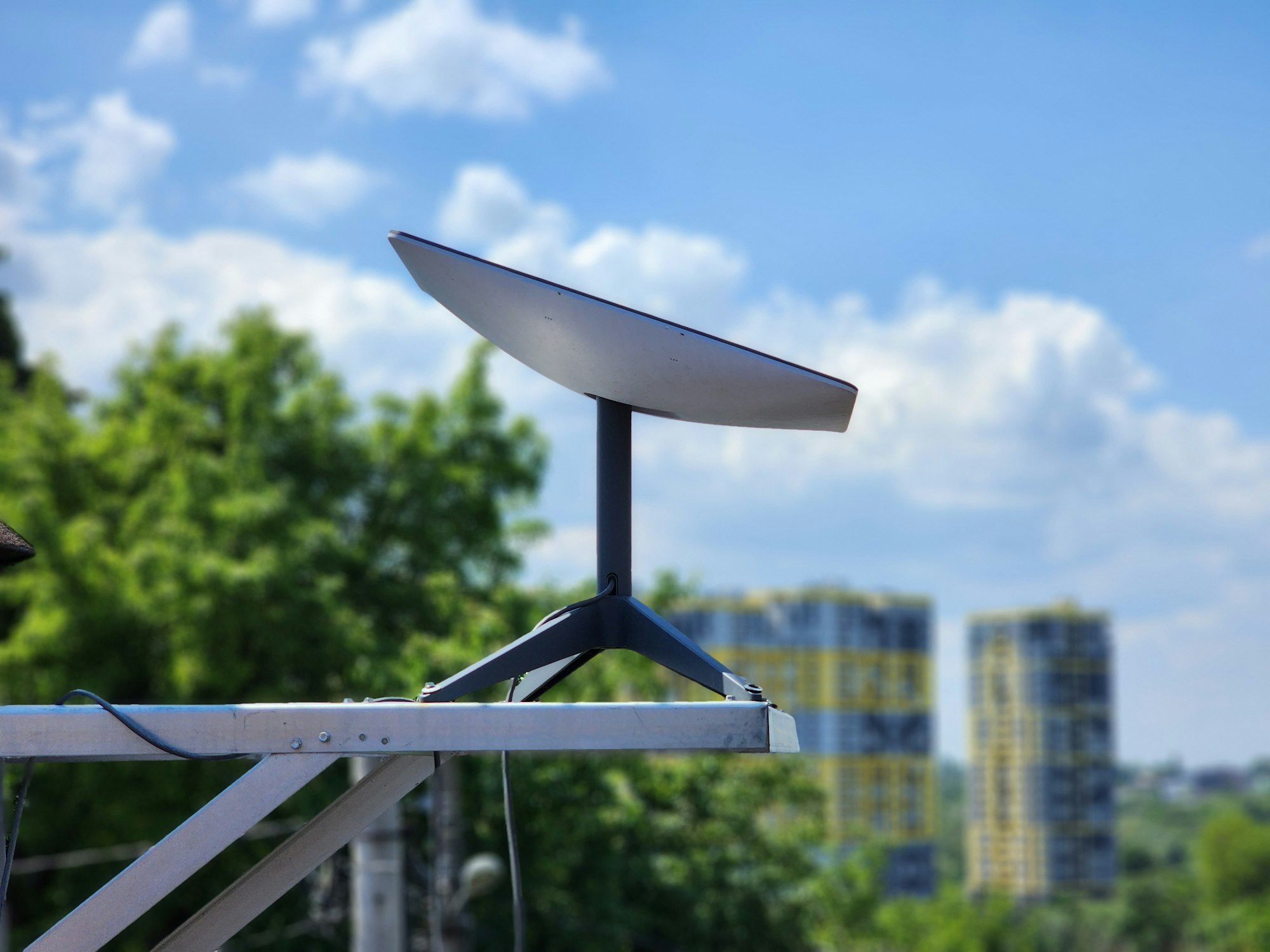Lesotho becomes latest African country to welcome Starlink
This makes it the fourth African Country to grant Starlink a license this year alone.
For years, internet access in Lesotho has been patchy, especially in rural areas where over 80% of the population remains offline per data from Open Internet For Democracy. The mountainous terrain doesn’t help, and traditional broadband infrastructure simply hasn’t kept up. But that might be changing soon.
Yesterday, Lesotho granted a 10-year license to Elon Musk’s Starlink, becoming the latest African country to greenlight satellite internet as a national solution.
Starlink didn’t launch in Lesotho overnight. The country had to revamp its telecom laws, which were originally built for traditional providers, not satellite operators. Instead of enforcing local ownership rules like South Africa’s 30% requirement, regulators created new licensing categories through public consultations. Starlink Lesotho (Pty) Ltd was finally approved after applying in 2024.
This approval comes not long after Lesotho was slapped with a 50% U.S. tariff as part of President Trump’s Liberation Day tariff rollout. Although that tariff was later paused and trimmed to 10%, bringing in an American tech player like Starlink could be part of the country’s strategy to smooth things over.
But not everyone’s thrilled. Local telecoms, especially heavyweights like Vodacom Lesotho, pushed back, arguing Starlink should have some form of local ownership before getting licensed. Civil society groups agreed, warning that allowing a fully foreign company into the market without partnerships could set a risky precedent. These concerns mirror a bigger debate across Africa—how to embrace foreign tech without sidelining local players.
Nowhere is that debate louder than in South Africa, where Starlink has yet to launch. Local ownership laws requiring 30% Black South African participation have effectively stalled any licensing discussions, keeping Starlink out of one of Africa’s most developed internet markets despite strong demand.
Debate aside, Starlink has been bulldozing its way through Africa. Lesotho marks its 20th footprint on the continent—and the fourth new market this year. Already the second biggest ISP in Nigeria and the seventh largest in Kenya, the service is catching on fast, especially in remote and underserved areas where traditional ISPs have fallen short. The momentum is hard to ignore.
With competitors like Amazon’s Project Kuiper still struggling to launch satellites, thanks to rough weather delays early on, Starlink has a clear first-mover advantage. And if Lesotho is any indication, smaller nations eager to leapfrog into the digital future may be more than willing to roll out the welcome mat.











